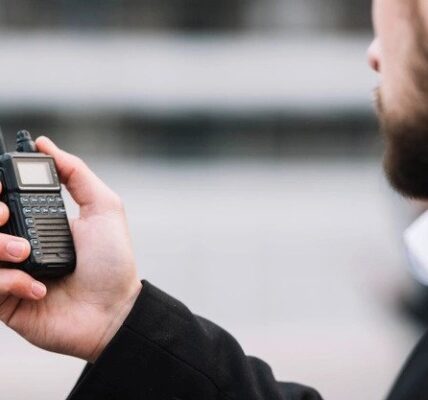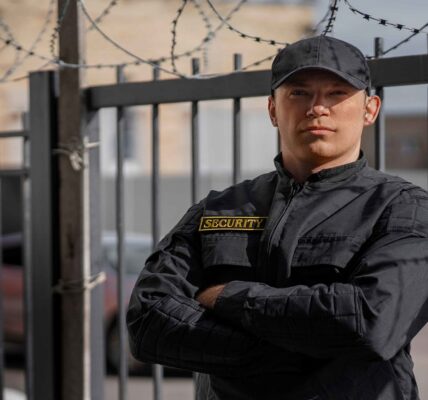Security guards play a pivotal role in maintaining safety and security in various environments, from shopping malls to corporate offices. While their training encompasses a range of skills, one aspect that often takes center stage is physical fitness. In this article, we will delve into the importance of physical fitness for security guards, examining how it contributes to their effectiveness on the job.
1. Physical Demands of the Job
Security guards are often required to handle physically demanding situations. Whether it’s patrolling large areas, responding to emergencies, or restraining individuals, physical strength and endurance are crucial. Being physically fit allows security guards to meet these demands effectively, ensuring they can perform their duties without compromising the safety of themselves or others.
2. Immediate Response to Emergencies
In emergency situations, every second counts. A physically fit security guard is better equipped to respond promptly and decisively. Whether it’s chasing down a potential intruder or assisting in an evacuation, physical fitness enables guards to act swiftly and with precision.
3. Enhanced Mental Alertness
Physical fitness is not solely about strength and endurance; it also positively impacts mental alertness. Regular exercise has been linked to improved cognitive function and enhanced focus. For security guards who need to stay vigilant and make split-second decisions, maintaining mental sharpness is as crucial as physical prowess.
4. Effective Crowd Control
Events or locations with large crowds often require security guards to manage and control the movement of people. Physical fitness is instrumental in handling such scenarios, ensuring guards have the stamina and strength to maintain order and prevent potential conflicts.
5. Reducing the Risk of Injury
Security guards are susceptible to injuries, especially when physical confrontations arise. A well-conditioned body is more resilient and less prone to injuries. Regular exercise not only strengthens muscles but also improves flexibility, reducing the likelihood of strains or sprains during physically demanding situations.
6. Professional Image and Deterrence
Physical fitness contributes to the overall professional image of security guards. A visibly fit and well-conditioned presence can act as a deterrent, dissuading potential troublemakers and promoting a sense of security among those being protected.
7. Team Collaboration
Security teams often work collaboratively to address complex situations. Physical fitness fosters teamwork, as fit individuals can better synchronize their efforts and communicate effectively during high-stress situations.
8. Adaptability to Varied Environments
Security guards operate in diverse environments, from indoor corporate settings to outdoor events. Physical fitness enhances their adaptability to different surroundings, allowing them to navigate varied terrains and respond effectively to the unique challenges posed by each setting.
9. Stress Management
Security guards frequently encounter stressful situations, and physical fitness serves as an effective stress management tool. Regular exercise releases endorphins, which can help alleviate stress and contribute to mental resilience, enabling guards to maintain composure in challenging circumstances.
10. Long-term Health and Career Sustainability
Beyond the immediate job requirements, maintaining physical fitness is crucial for the long-term health and sustainability of a security guard’s career. Physical well-being contributes to overall job satisfaction, reduces the risk of chronic health issues, and ensures that security professionals can continue to perform their duties effectively over the course of their careers.
In conclusion, physical fitness is not just a desirable trait for security services Melbourne; it is a fundamental aspect that significantly contributes to their effectiveness on the job. From responding to emergencies to maintaining a professional image, the benefits of physical fitness extend beyond the individual guard to enhance the overall security infrastructure. Recognizing the importance of physical fitness is essential for both security professionals and those responsible for their training and management, ensuring a safer and more secure environment for all.





